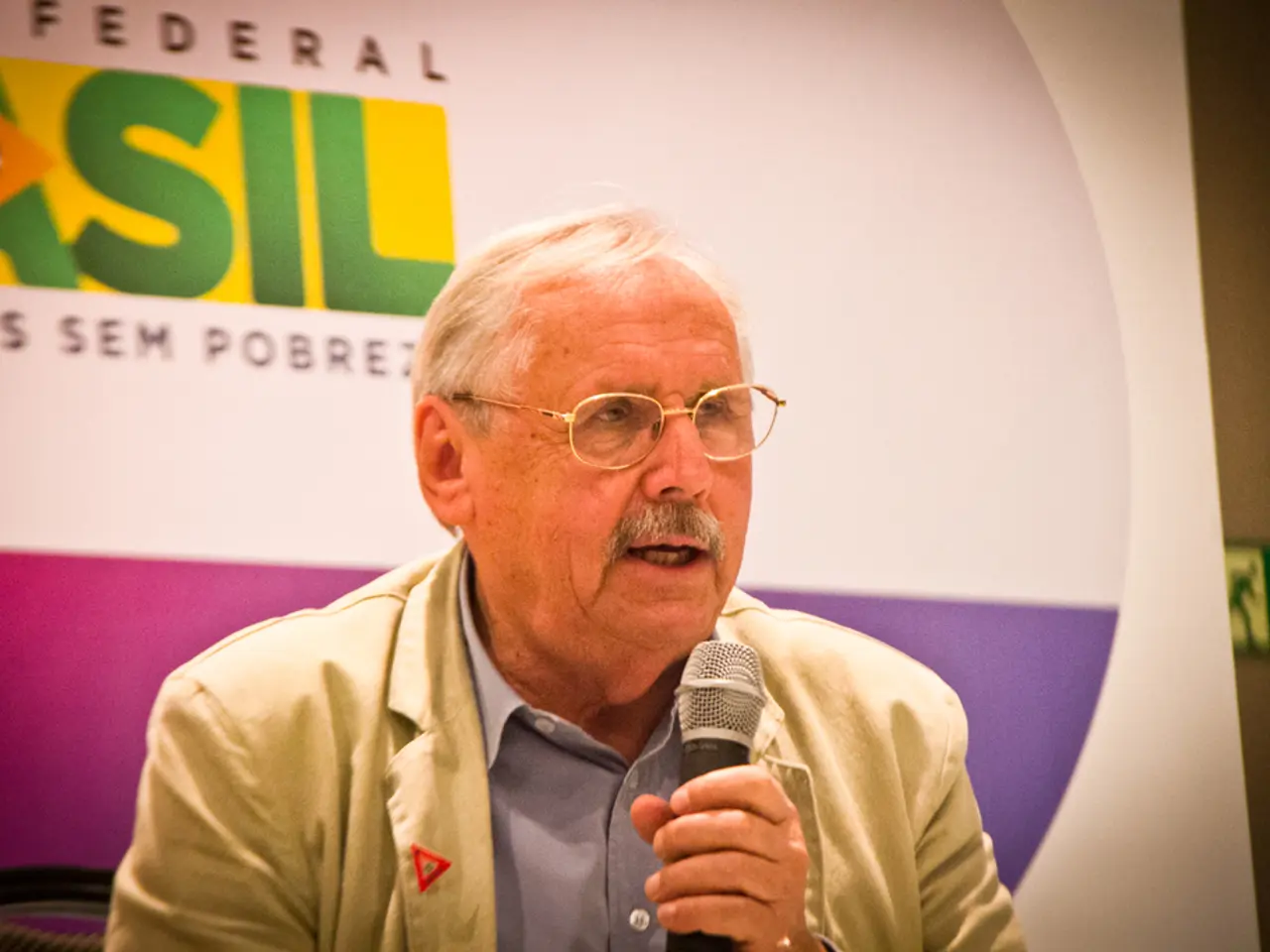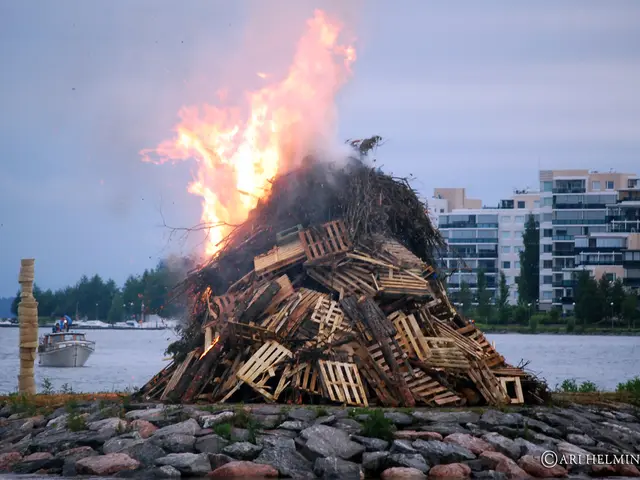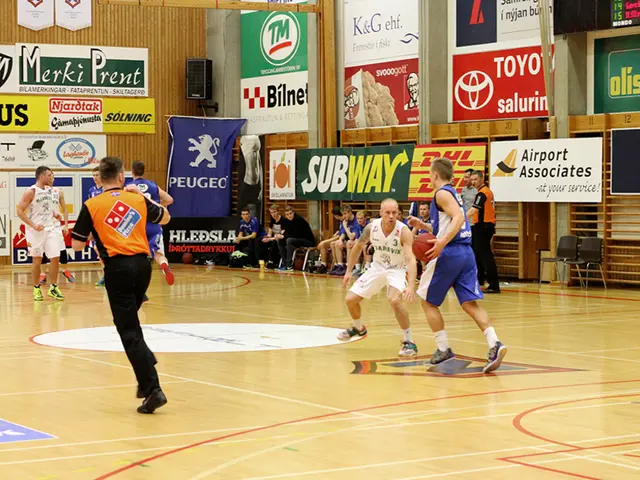In the nation's capital, Washington D.C., President Trump decides to dispatch National Guard troops
In a move that has sparked controversy and partisan divisions, over 1,700 National Guard troops are currently deployed in Washington D.C., a force that includes 800 D.C. Guard members and additional troops from states like West Virginia, Mississippi, Ohio, and South Carolina. These troops are primarily positioned near federal properties and tourist areas, often unarmed.
The official purpose of this deployment, as stated by President Donald Trump and supported by some Republican governors, is to combat rising crime and restore "law and order" in the nation's capital. Governor Tate Reeves of Mississippi, for instance, authorized about 200 Guard soldiers to support these efforts, citing uncontrolled crime and the need to ensure safety.
However, this deployment has been met with skepticism and criticism from local officials and some political figures. Senator Chris Van Hollen described the situation as a “manufactured emergency,” noting that crime in D.C. is actually at a 30-year low and that much of the Guard presence seems unnecessary and symbolic. He suggested the deployment serves more to give President Trump an image of control rather than responding to a real crisis.
Legal experts also raise concerns about the legality and broader implications of such military deployments on U.S. soil, as the Trump administration is taking an aggressive and somewhat unprecedented legal approach in using various federal laws and powers to justify the deployment.
The District of Columbia, where Washington D.C. is located, is not a state with a governor, and ultimately falls under federal control. The president has the right to control Washington D.C., but the deployment's legality and necessity remain subjects of debate.
In a statement, Washington's Attorney General Brian Schwalb accused the White House of acting in an unprecedented, unnecessary, and unlawful manner. He pointed out that there is no crime emergency in Washington D.C., and that violent crime in the city reached historic 30-year lows last year, and is down another 26% so far this year.
This deployment follows Trump's controversial move to deploy the National Guard to Los Angeles during major protests in June, a decision that was followed by most of them being recalled. California Governor Gavin Newsom criticized Trump, stating that he is getting warmed up in Los Angeles and will gaslight his way into militarizing any city he wants in America.
The Democratic House Minority Leader, Hakeem Jeffries, also criticized Trump, stating that he has zero credibility on the issue of law and order. Washington's Democratic Mayor Muriel Bowser previously stated that the city is "not experiencing a crime spike" and noted that violent crime hit its lowest level in more than three decades last year.
Despite the controversy, the deployment continues, with Trump also stating that authorities would continue to destroy homeless encampments, referring to them as "slums." The president's actions have been compared to those of dictators by some political figures, adding to the growing debate surrounding the deployment of the National Guard in Washington D.C.
- The controversial deployment of National Guard troops in Washington D.C. raising questions about legality and necessity has been widely covered by the media, with general news outlets reporting on the political divisions surrounding the issue.
- Amidst criticism from local officials and political figures, the media is also highlighting the contrasting perspectives on the purpose of the deployment, with some claiming it's needed to combat rising crime while others, like Senator Chris Van Hollen, consider it a "manufactured emergency."
- Crime and justice news is focused on the ongoing debate surrounding the deployment's authenticity, with legal experts expressing concerns about its legality and implications on U.S. soil.
- In light of the controversy, the politics section of various news platforms is discussing the broader implications of the deployment, comparing it to past actions taken by the Trump administration, such as deploying the National Guard to Los Angeles during protests. This comparison has led some political figures to accuse the president of acting like a dictator.







